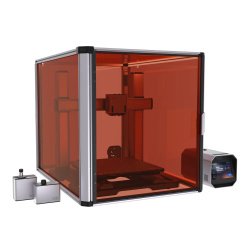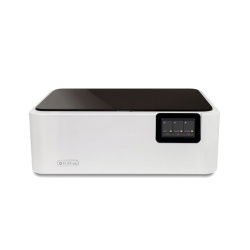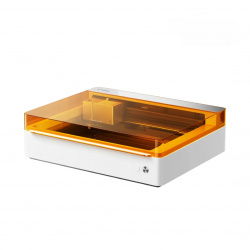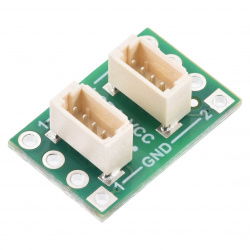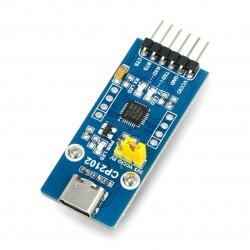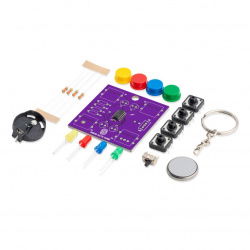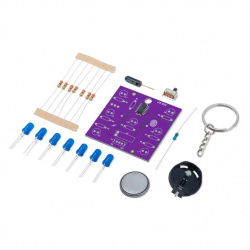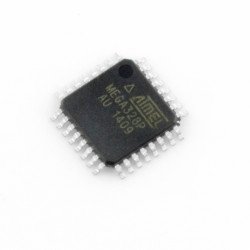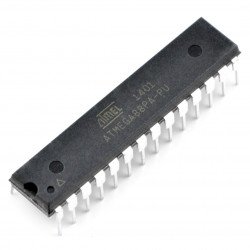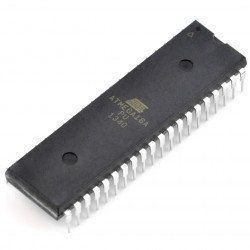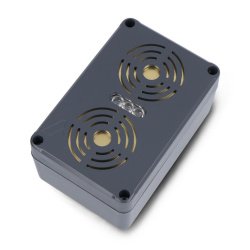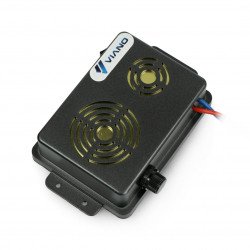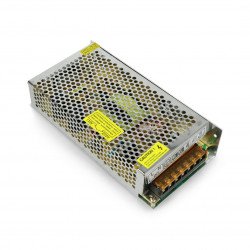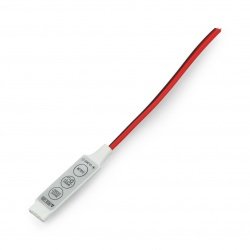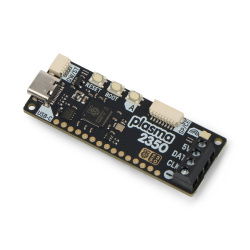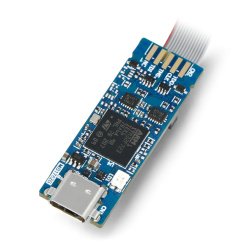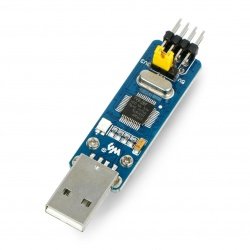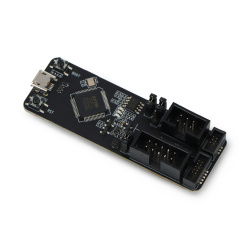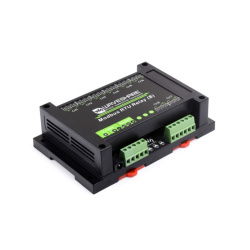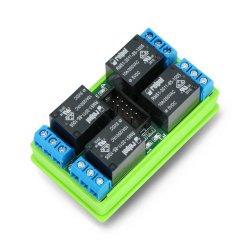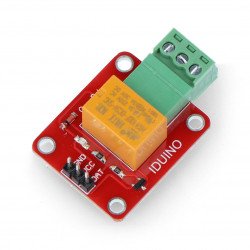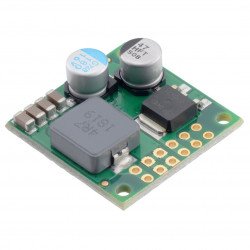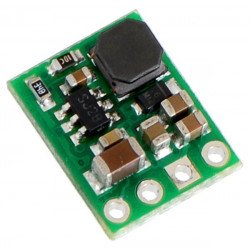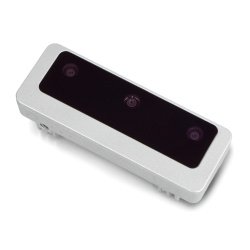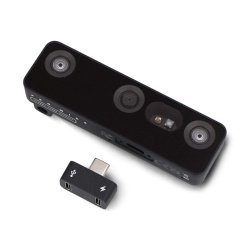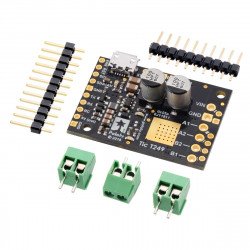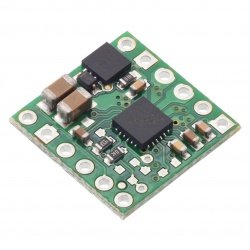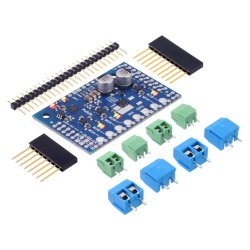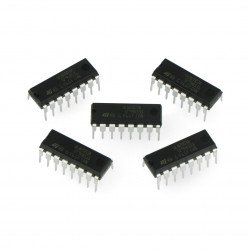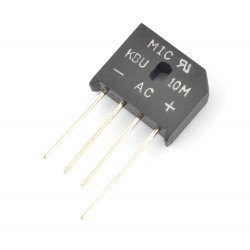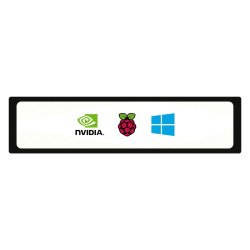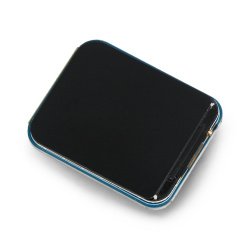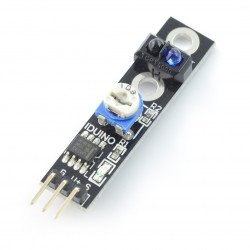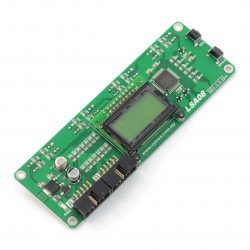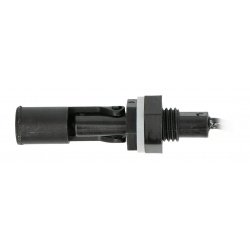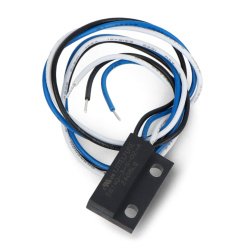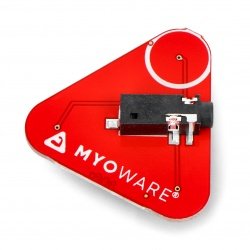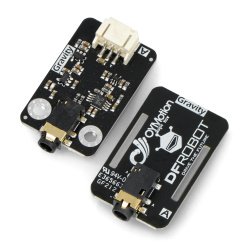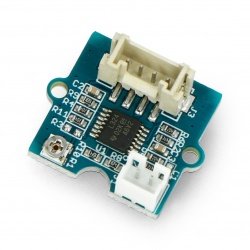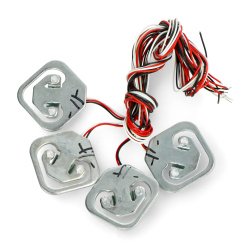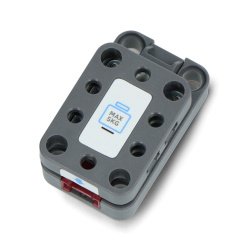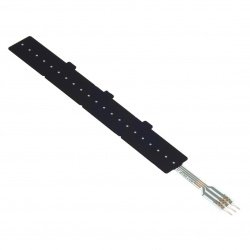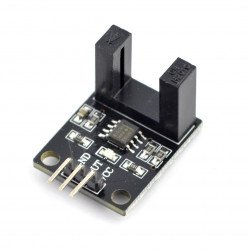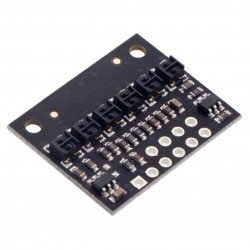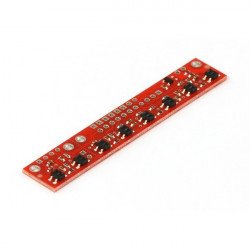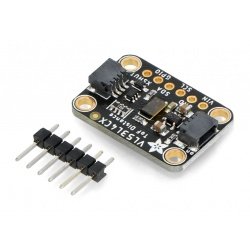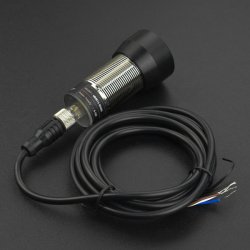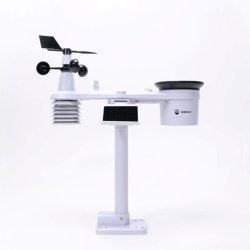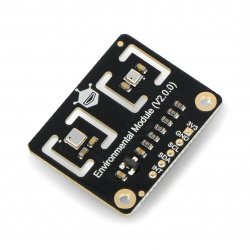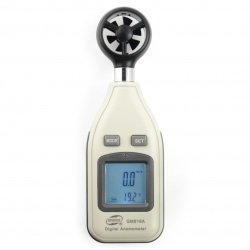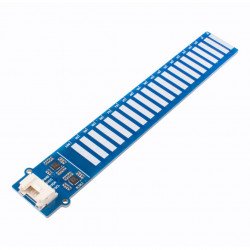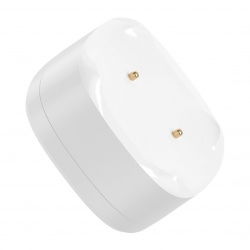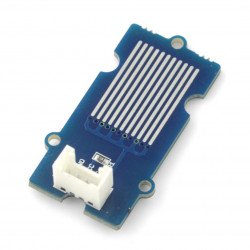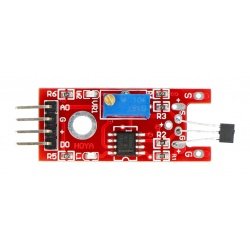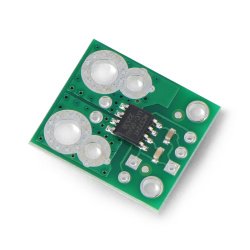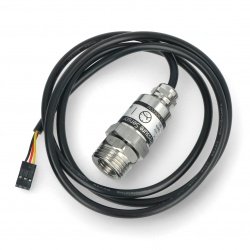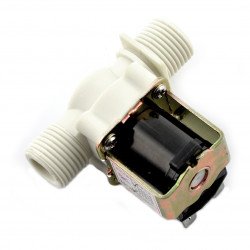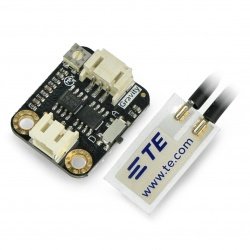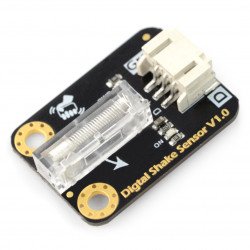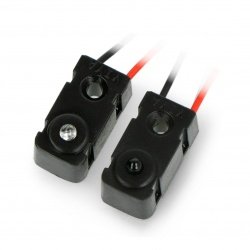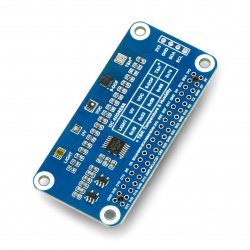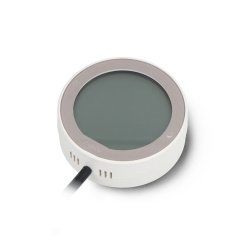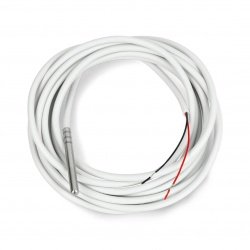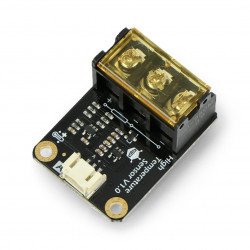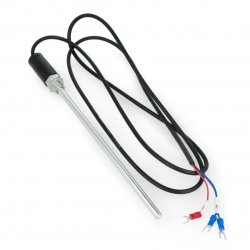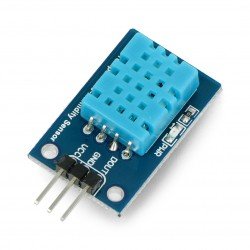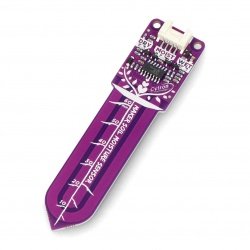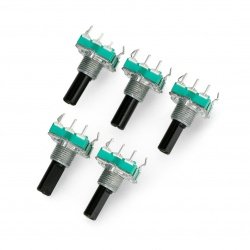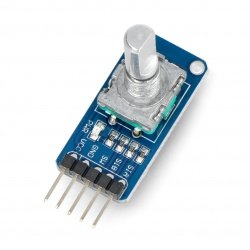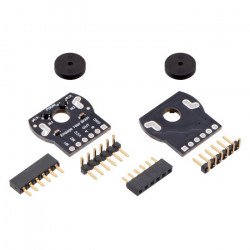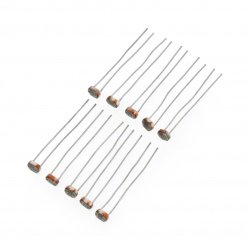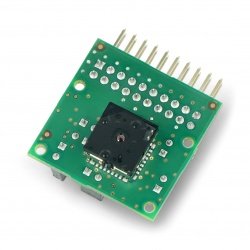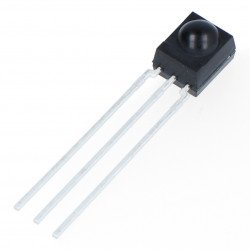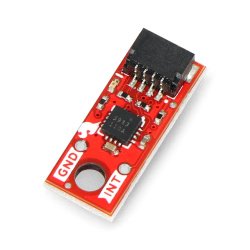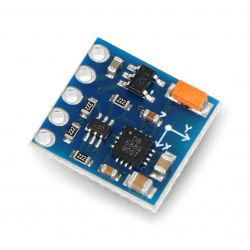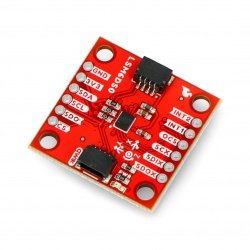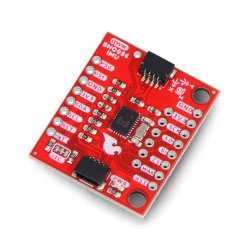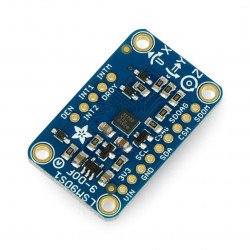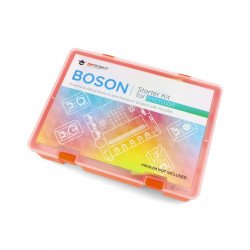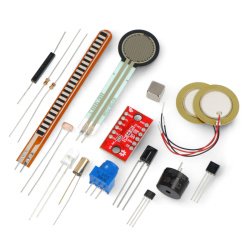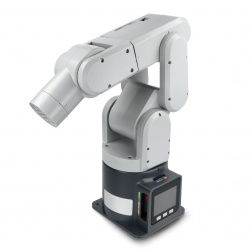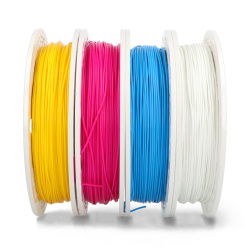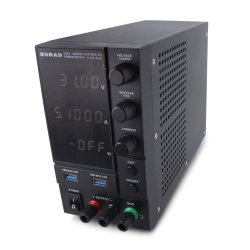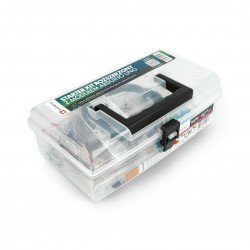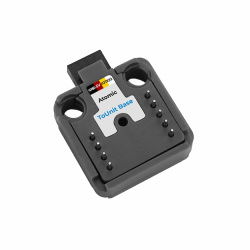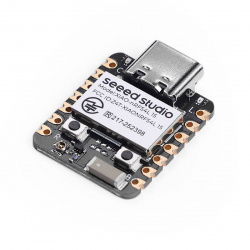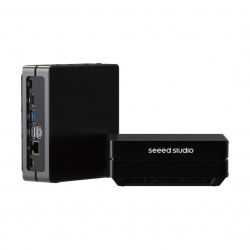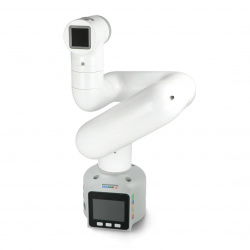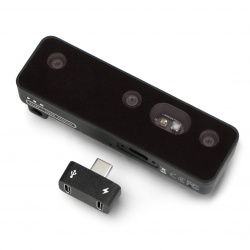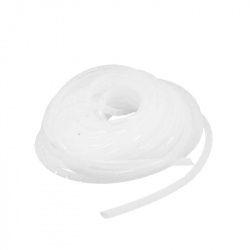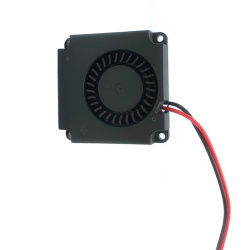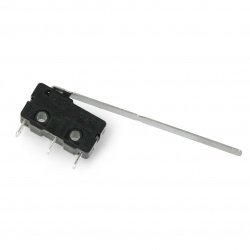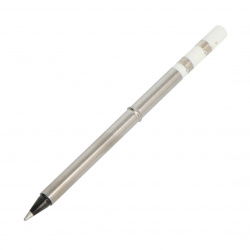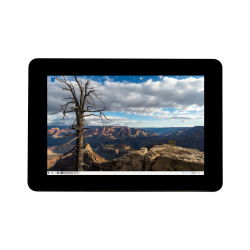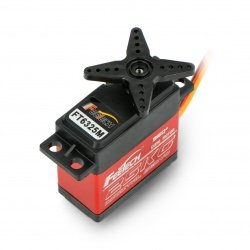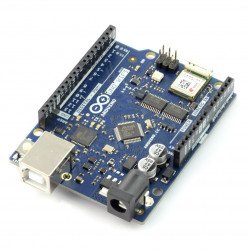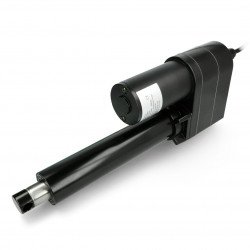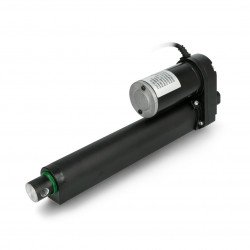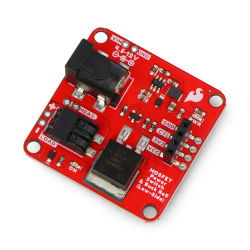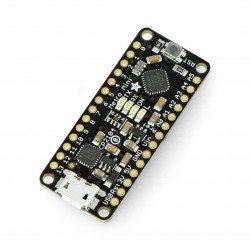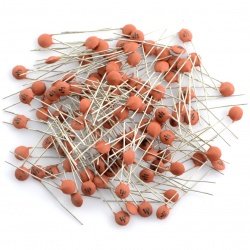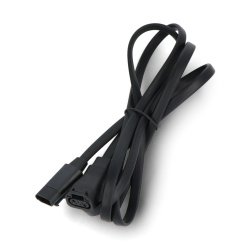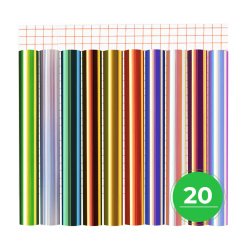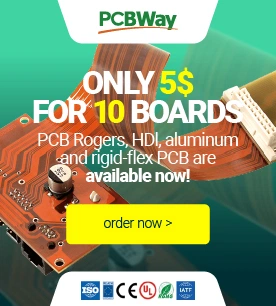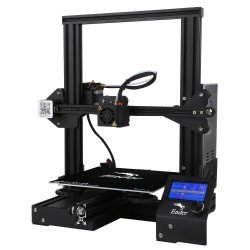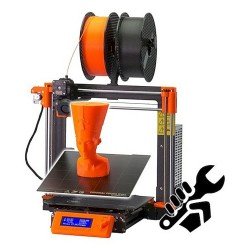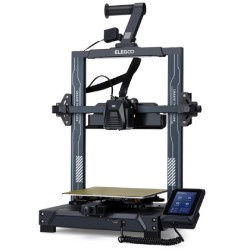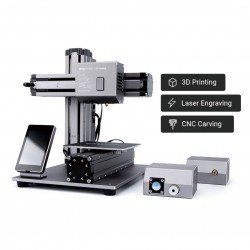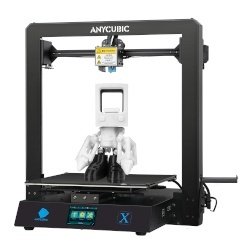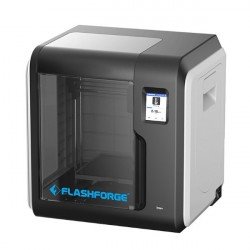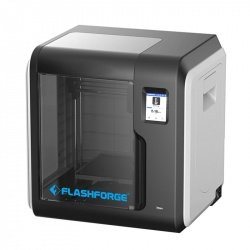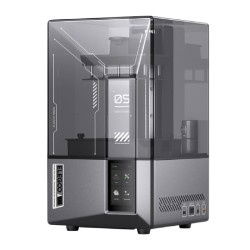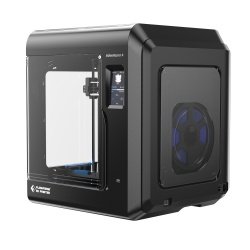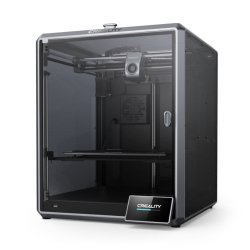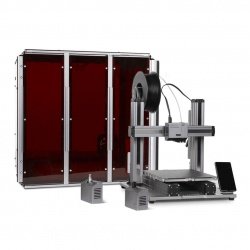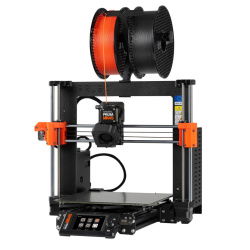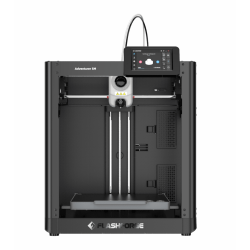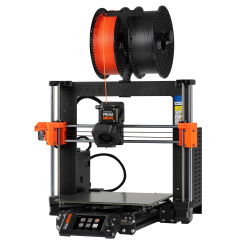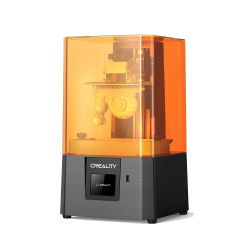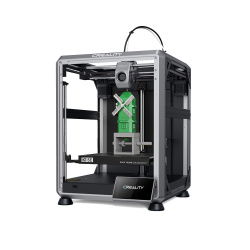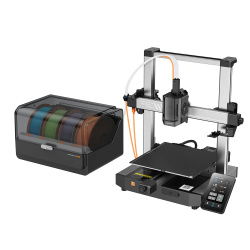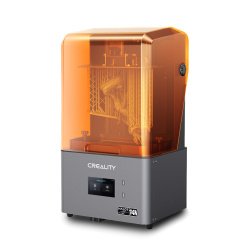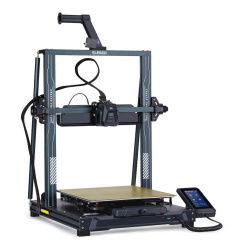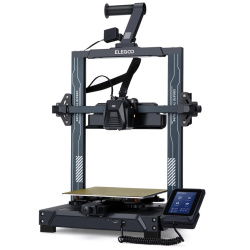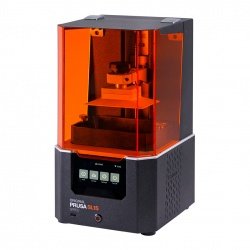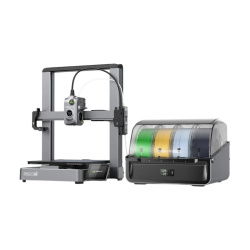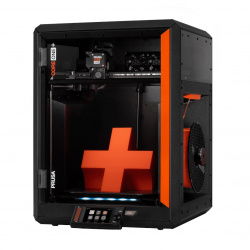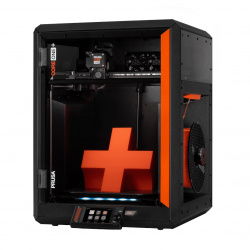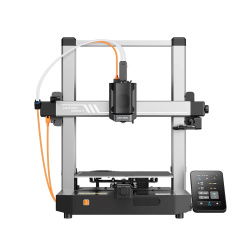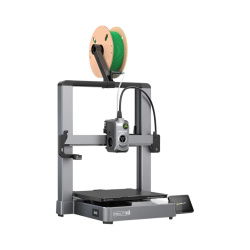3D printers are revolutionizing the world and are more and more accessible by the general public. Additive manufacturing is not a technology of the future: it’s already used in different industrial sectors. Using 3D printing allows you to learn about the technology, boost your curiosity and transfer a virtual project to the real world. A 3D printer works similar to a regular printer; however, it prints objects in three dimensions. Imagine the classic printer (2D) that prints sheets of paper with text or images. If you superimpose several sheets, you get a third dimension - this is the idea of how the 3D printer works. 3D printing has existed since the early 1970s, and it enables creating diverse objects which can be used for different purposes. There are different types of 3D printers, and thus, several printing methods exist. A common point between all of them is that every 3D printer creates layer by layer of a particular material to build an object. The differences lie in the way how these layers are put and in the material used for printing. There are, for example, industrial printers which use a selective laser sintering method, or stereolithography which allows printing with ultraviolet rays.
3D printers
3D printer - Creality Ender-3 V3 KE
Creality Ender-3 V3 KE is an affordable 3D printer perfect for both beginners and experienced users. It is operated via a touch screen with a user-friendly interface. Its...3D printer - Flashforge Adventure 4
FDM 3D printer from the Adventurer product line, produced by Flashforge. The device has a fully closed working area with dimensions of 220 x 200 x 250 mm , which allows you to...Snapmaker 3D Printer v2.0 3in1 model A350T - laser module, CNC, 3D printing in enclosure
A set which includes Snapmaker A350T version 2.0 multifunction device and a chamber designed to increase safety while working with Snapmaker. The device is made entirely of...- Sale
3D printer - Original Prusa MK4S - set for self-assembly
3D printer from the Czech company Prusa, known among 3D printing enthusiasts. The device is based on a 32-bit motherboard and supports Input Shaper and Pressure Advance...3D Printer - Flashforge Adventurer 5M
Adventurer 5M is the perfect companion for professionals and beginners alike, enabling you to turn your ideas into reality and unleash your full creative potential. It has a...3D printer - Original Prusa MK4S - assembled
3D printer from the Czech company Prusa, known among 3D printing enthusiasts. The device is based on a 32-bit motherboard and supports Input Shaper and Pressure Advance...3D printer - Creality K2 Plus Combo
Creality presents its first printer using innovative multi-material printing technology! The CFS system, which is equipped with the printer, can hold four filament spools,...3D printer - Creality Halot-Mage
The Halot-Mage resin 3D printer from Creality is equipped with a 10.3-inch LCD display, which gives it an extremely large working area of 228 x 128 x 230 mm . Halot-Mage...3D printer - Creality Halot R6
If you are new to resin printing, the Halot R6 3D printer is exactly what you need! It offers a build volume of 130.56 x 82.62 x 160 mm and a solid construction that...- Sale
- SPECIAL OFFERS
3D printer - Anycubic Kobra 3 Combo
Anycubic Kobra 3 Combo is an advanced 3D printer that allows you to print in four colors at the same time . It can reach a maximum print speed of up to 600 mm/s and...- Sale
3D printer - Creality Halot-Mage S
A 3D printer working with light-cured resin, equipped with a high-quality LCD display with a diagonal of 10.1" and a resolution of 14K . It offers a large working area of...3D printer - Elegoo Neptune 4 Plus
Neptune 4 Plus from Elegoo is an advanced FDM 3D printer with a large work area of 320 x 320 x 385 mm and a maximum printing speed of up to 500 mm / s . Equipped with...3D printer - Anycubic Photon Mono M7 Pro - resin-based
Anycubic Photon Mono M7 Pro is an advanced printer, ideal for users looking for precise and ultra-fast prints. Equipped with a 14K LighTurbo 3.0 optical system, automatic...3D printer - Elegoo Saturn 4 Ultra - resin-based
Elegoo Saturn 4 Ultra is an advanced mSLA 3D printer, equipped with a 10-inch 12K monochrome screen with a resolution of 11520 x 5120 px and a precise XY resolution of 19 x...3D Printer - Original Prusa SL1S SPEED - assembled
Original Prusa SL1S 3D printer working with MSLA technology. It uses a high-resolution 5.96" monochrome LCD screen and a UV LED panel for curing thin resin layers. The...3D printer - Creality Hi Combo
Creality Hi Combo is an advanced 3D printer, combining high print speed up to 500 mm/s with full automatic calibration and a workspace measuring 260 x 260 x 300 mm . The...- Sale
3D Printer - Original Prusa CORE One+ - self-assembly kit
The Prusa CORE One+ is a closed CoreXY 3D printer combining high printing precision, speed, and reliability. Equipped with a steel exoskeleton , a modern Nextruder...3D printer - Original Prusa CORE One+ - assembled
The Prusa CORE One+ is a fully assembled CoreXY 3D printer offering high print quality, speed, and reliability. Equipped with a closed, heated chamber , a steel...- Sale
- Sale
See also
Modern devices for producing three-dimensional objects
3D printing is a technique for additive manufacturing of mechanical details . Until recently, it was only used to produce prototype elements for fit tests and aesthetic assessment. Currently, however, thanks to advances in material technology and 3D printing system engineering, they allow the production of elements for real use . All this resulted in an increase in the resolution of 3D printers and an improvement in the quality of manufactured details - mainly their structural strength and mechanical resistance. Thanks to the improvement in the efficiency of 3D printers, it is now economically justified to use this technology for short-series production, where it replaces, for example, plastic injection. 3D printer - The price of this type of product is gradually decreasing and today it even allows you to purchase a 3D printer for hobby purposes.
History of 3D printing - The beginnings of the 3D printer
The beginnings of additive manufacturing methods date back to the turn of the 1970s and 1980s . In 1974, David EH Jones proposed the idea of printing three-dimensional elements. In 1981, the first two 3D printing methods were created , using photo-curing of special polymers. Three years later, a stereolithographic method was developed, using two ultraviolet lasers to polymerize the resin. It was then that the STL file format was born, classically associated with 3D printing systems to this day. In 1988, S. Scott Crump patented the technology of producing objects from molten plastic fed with the help of a special extruder (FDM) . This technology is still used by most 3D printers - especially hobby and consumer models. In 1992, the first printer of this type appeared on the market. Until 2009, Stratasys was a monopolist in this market, but after the patent for FDM technology expired, many competitors appeared on the market.
FFM/FDM printers - structure and principle of operation
FDM technology (also known as FFM ) is a solution that uses a continuous fiber made of thermoplastic material - the so-called filament . It is fed from a large coil through a movable, heated head. The print head is moved under computer control to define the printed shape. Typically, it moves in two dimensions to deposit one layer; then the head is moved slightly vertically to start applying a new layer. The speed of movement of the material in the extruder head can be controlled, which even allows you to stop the production process and start it in another zone of the device, which allows you to produce complex geometries. FDM printers currently offer quite high resolution, with high repeatability and low operating and purchase price of the device itself.
3D printing - Photopolymerization printers
In systems using liquid photocurable materials, the object is built from layers of material irradiated with ultraviolet light. The item is produced in a special vat in which the base is motorized in the Z axis. The light source - an ultraviolet laser (or two, in the case of stereolithography), an infrared laser (in the case of a multi-photon process), diode scanners, etc. - illuminates the top layer of the liquid, causing photopolymerization of the material contained therein. Then the printed element is lowered and the polymer optical hardening process is repeated for the next layer. Optical systems offer excellent resolution, but the cost of this type of device and its consumables is quite high.
3D printers - FAQ
A compromise has to be found. A lower price means less functionality, although the first 3D printer should not cost a fortune. If you want to start printing in 3D, we recommend small-sized MakerPi 3D printers and Creality 3D printers from the Ender series, with particular emphasis on Creality Ender-3 (assembly in just a few minutes).
The Future Laboratories program piloted 3D printing trends to Polish schools during public consultations with experts and teachers. Safe 3D printers with a closed working chamber that are suitable for educational purposes are collected by Botland in the 3D Printers - Laboratories of the Future category.
We like to print figures and 3D models ourselves in Botland. Creality Ender 3D printers , Flashforge 3D printers and the unrivaled Czech Prusa 3D printers work well here.
Modeling, design, prototyping, industry, biotechnology, surgery, dentistry, entertainment, construction… the number of industries related to 3D printing is still growing. More information, interesting facts and studies can be found in the 3D Printing section on Botland Blog .
Toys, models, figurines, home decorations - for example vases, musical instruments, functional accessories such as cases and housings, and even spare parts for machines. A 3D printer will create almost anything if we only have a design file - and there are tens of thousands of free ones on the Internet.




